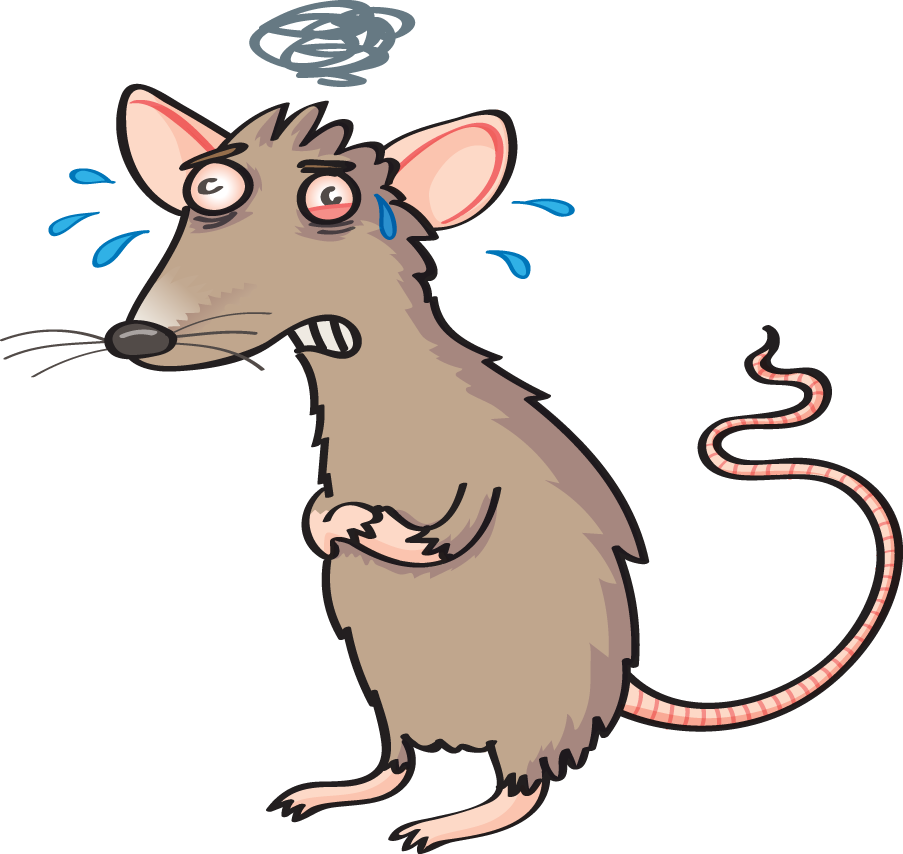Abstract
Stressful life events are major environmental risk factors for anxiety disorders, although not all individuals exposed to stress develop clinical anxiety. The molecular mechanisms underlying the influence of environmental effects on anxiety are largely unknown. To identify biological pathways mediating stress-related anxiety and resilience to it, we used the chronic social defeat stress (CSDS) paradigm in male mice of two inbred strains, C57BL/6NCrl (B6) and DBA/2NCrl (D2), that differ in their susceptibility to stress. Using a multi-omics approach, we identified differential mRNA, miRNA and protein expression changes in the bed nucleus of the stria terminalis (BNST) and blood cells after chronic stress. Integrative gene set enrichment analysis revealed enrichment of mitochondrial-related genes in the BNST and blood of stressed mice. To translate these results to human anxiety, we investigated blood gene expression changes associated with exposure-induced panic attacks. Remarkably, we found reduced expression of mitochondrial-related genes in D2 stress-susceptible mice and in exposure-induced panic attacks in humans, but increased expression of these genes in B6 stress-susceptible mice. Moreover, stress-susceptible vs. stress-resilient B6 mice displayed more mitochondrial cross-sections in the post-synaptic compartment after CSDS. Our findings demonstrate mitochondrial-related alterations in gene expression as an evolutionarily conserved response in stress-related behaviors and validate the use of cross-species approaches in investigating the biological mechanisms underlying anxiety disorders.
Author summary
Genetic and environmental factors contribute to the etiology of psychiatric diseases but the underlying mechanisms are poorly understood. Chronic psychosocial stress is a well-known risk factor for anxiety disorders. To identify biological pathways involved in psychosocial stress-induced anxiety and resilience to it, we used a well-characterized mouse model of chronic social defeat stress (CSDS) in two inbred mouse strains, C57BL/6NCrl (B6) and DBA/2NCrl (D2), which differ in their susceptibility to stress. We focused on the bed nucleus of the stria terminalis, a key brain region behind stress-response and anxiety, and carried out genome-wide analysis of mRNA, and miRNA expression, and protein abundance. Bioinformatic integration of these data supported differences in mitochondrial pathways as a major stress response. To translate these findings to human anxiety, we investigated blood cell gene expression in mice and in panic disorder patients exposed to fearful situations and experiencing panic attacks. Concurring with our brain findings, expression of mitochondrial pathways was also affected in mouse and human blood cells, suggesting that the observed stress response mechanisms are evolutionarily conserved. Therefore, chronic stress may critically affect cellular energy metabolism, a finding that may offer new targets for therapeutic interventions of stress-related diseases.

